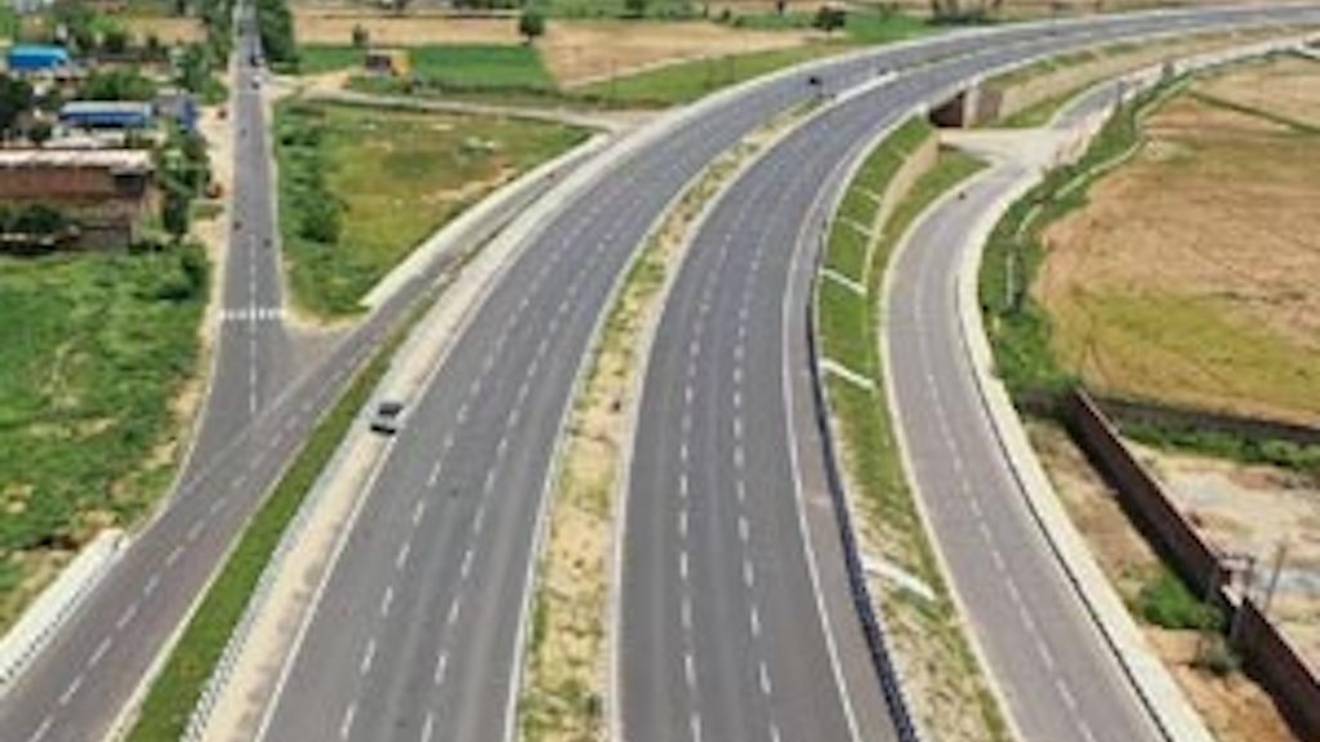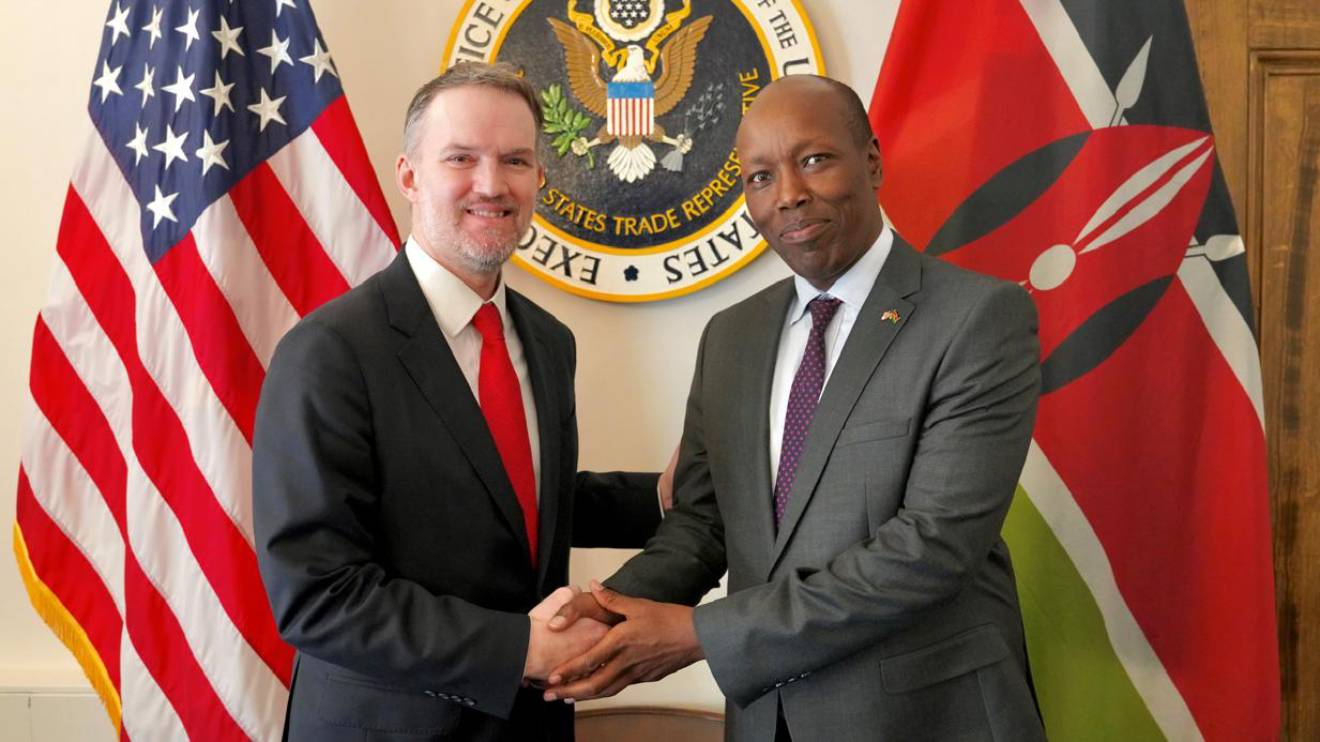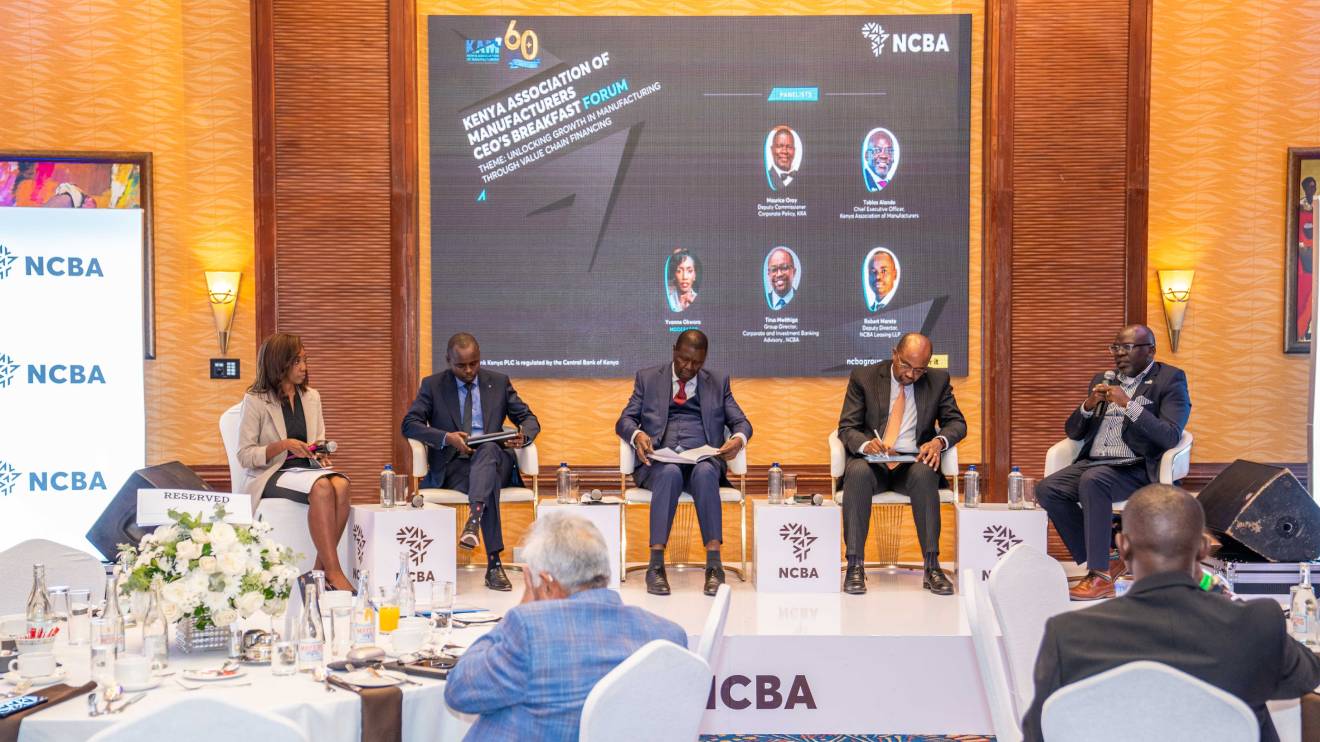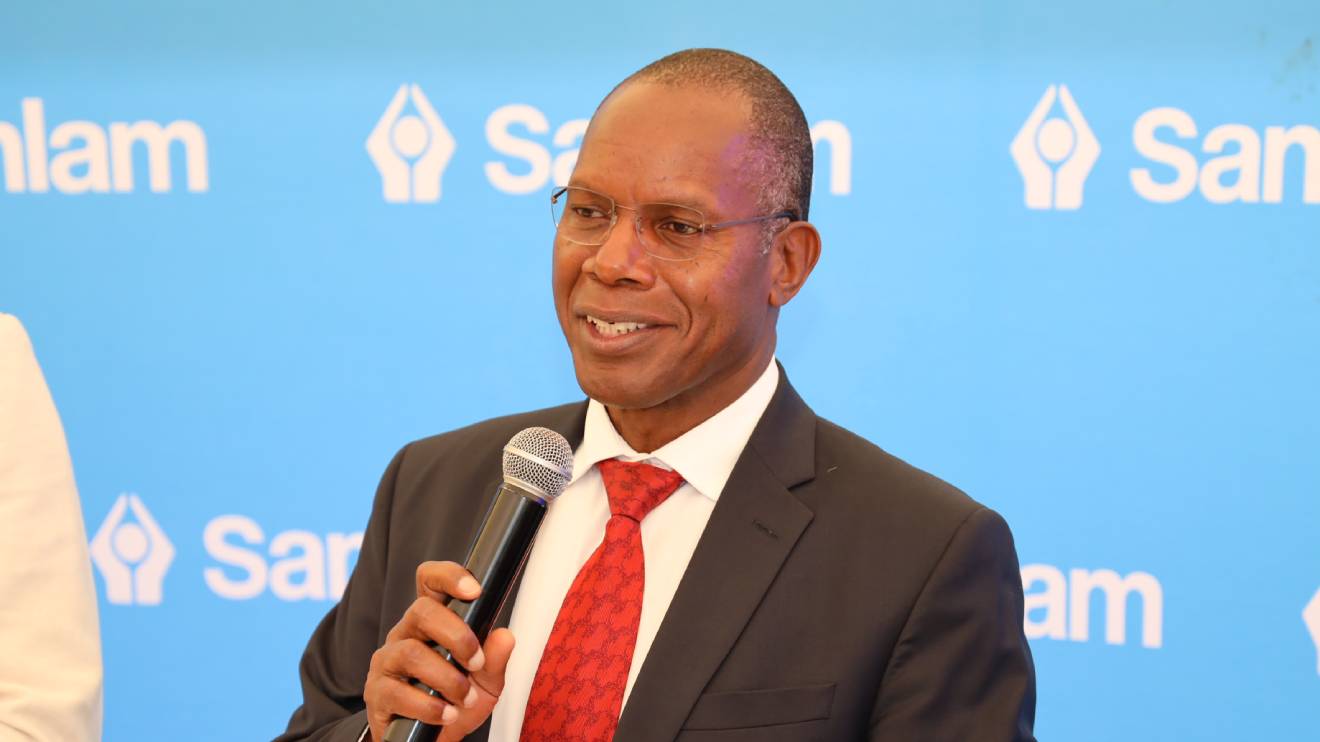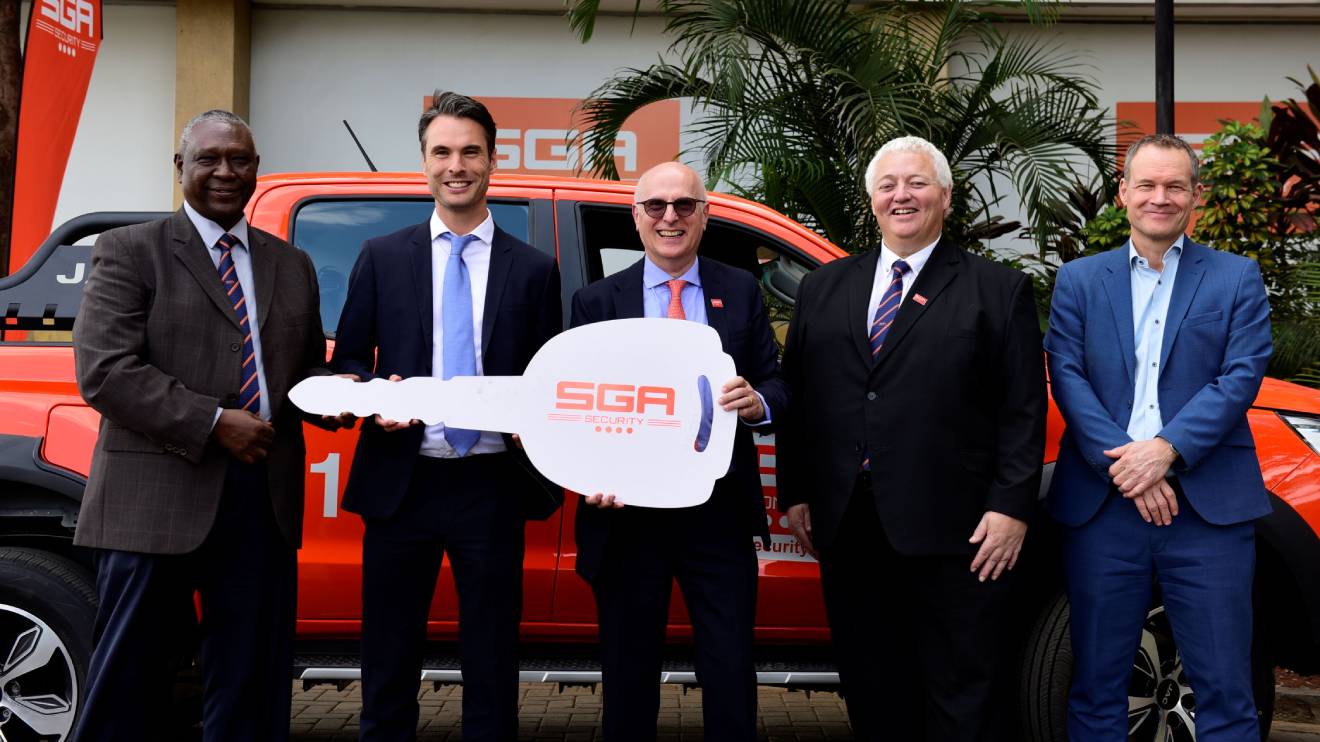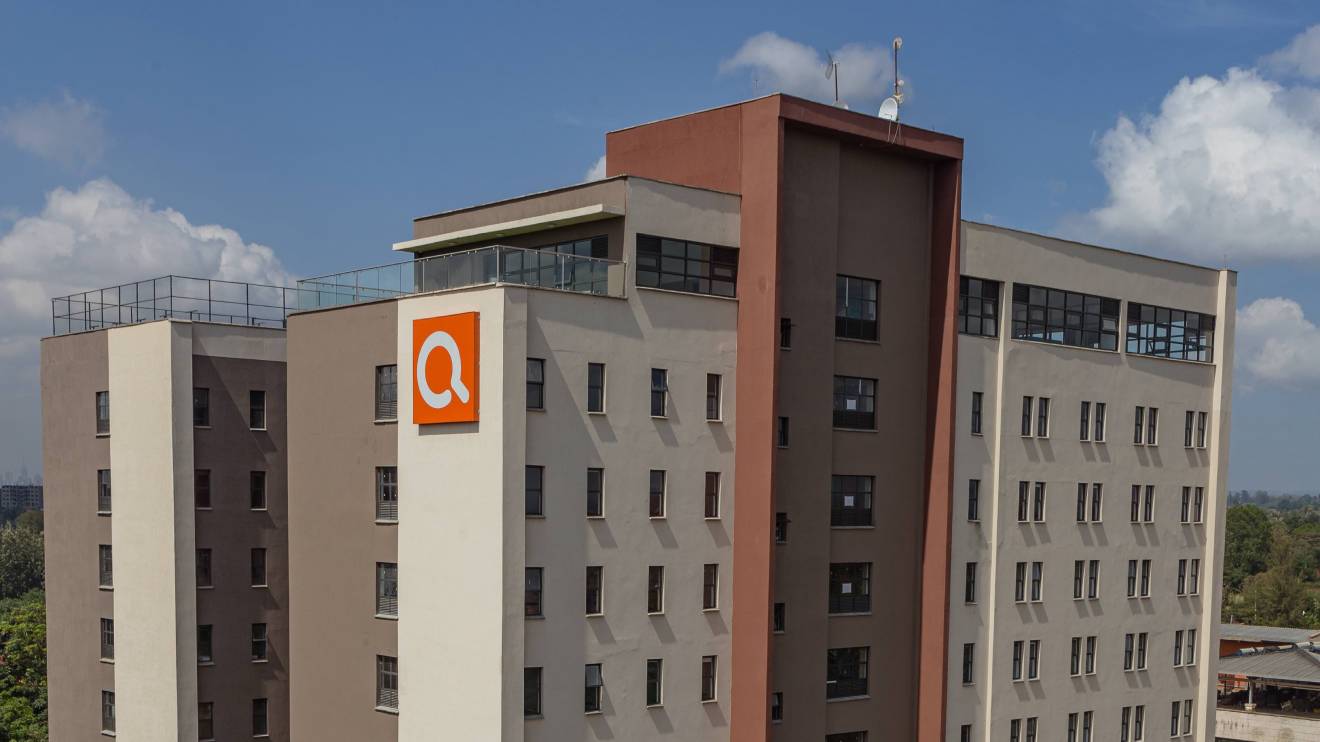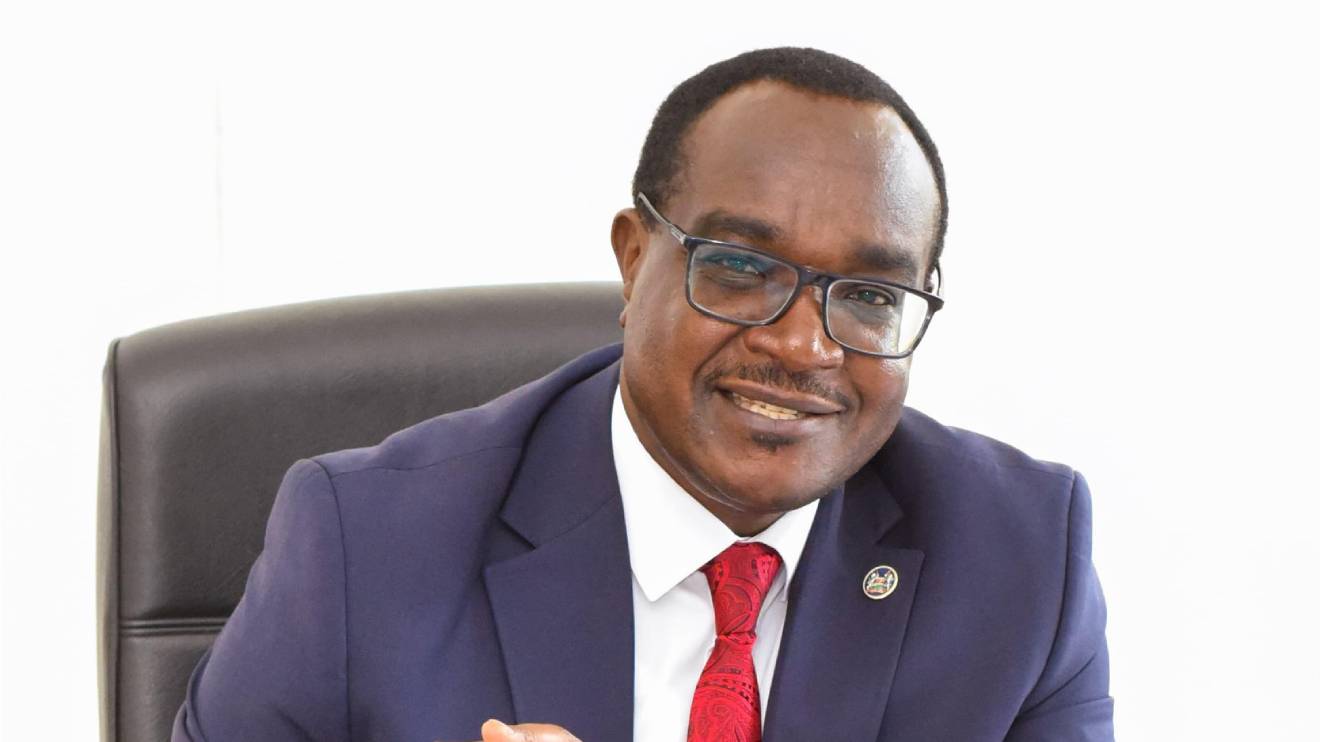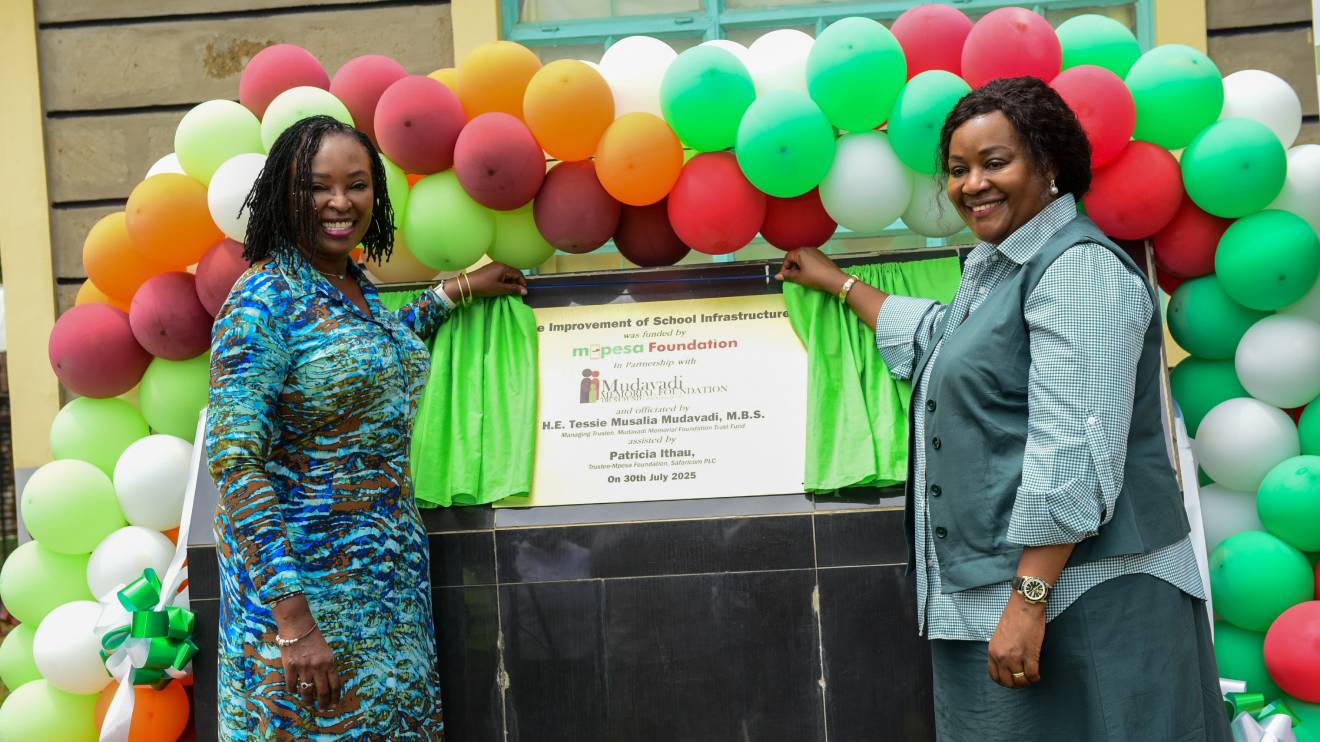Kenya has taken a significant step towards easing congestion on the busy road between its capital, Nairobi, and the key port city of Mombasa, with the signing of a $3.6 billion agreement to build a new expressway.
The Kenya National Highways Authority (KENHA) partnered with U.S. infrastructure investment manager Everstrong Capital LLC for the project, which is expected to be one of several investment deals announced during President William Ruto's ongoing visit to the United States.
"The project anticipates attracting investments totalling $3.6 billion, sourced from international investors, development agencies, pension funds and an exceptionally large number of Kenyan private investors," Everstrong Capital stated.
The new toll road, dubbed the "Usahihi Expressway", will span 440 kilometres and feature four to six lanes.
It will traverse a wildlife reserve, offering a faster and potentially more scenic route compared to the existing two-lane public road and the Chinese-funded Standard Gauge Railway (SGR) line running along the same corridor.
Read More
"The construction of the Usahihi expressway poses no financial risks to the Kenyan government, as it is structured to operate independently from the government of Kenya’s balance sheet and is projected to be financing self-sustaining," Everstrong emphasized in a statement.
The project is structured to be self-financing and operate independently from the government's budget. Everstrong aims to secure financing by the end of 2024 and commence construction by March 2025.
The Virginia-based firm will handle the entire project lifecycle, encompassing financing, construction, tolling, operation, and maintenance under a 30-year concession agreement.
This initiative marks Kenya's latest attempt at building a modern expressway between its two largest cities.
A previous agreement with Bechtel Corp. in 2017 fell through after the San Francisco-based company opted to act solely as a contractor, rather than undertaking both construction and operation of the expressway.
Another feasibility study was conducted by the state-backed Korea Overseas Infrastructure & Urban Development Corp. for a highway estimated to cost around $1.5 billion, but that project did not materialize.
The Usahihi Expressway project holds the potential to significantly improve efficiency and reduce travel times between Nairobi and Mombasa.
It is anticipated to attract investments from a diverse group of stakeholders, including international investors, development agencies, pension funds, and a substantial number of Kenyan private investors.
The success of this project will be closely monitored as it could serve as a model for future infrastructure development initiatives in Kenya.

